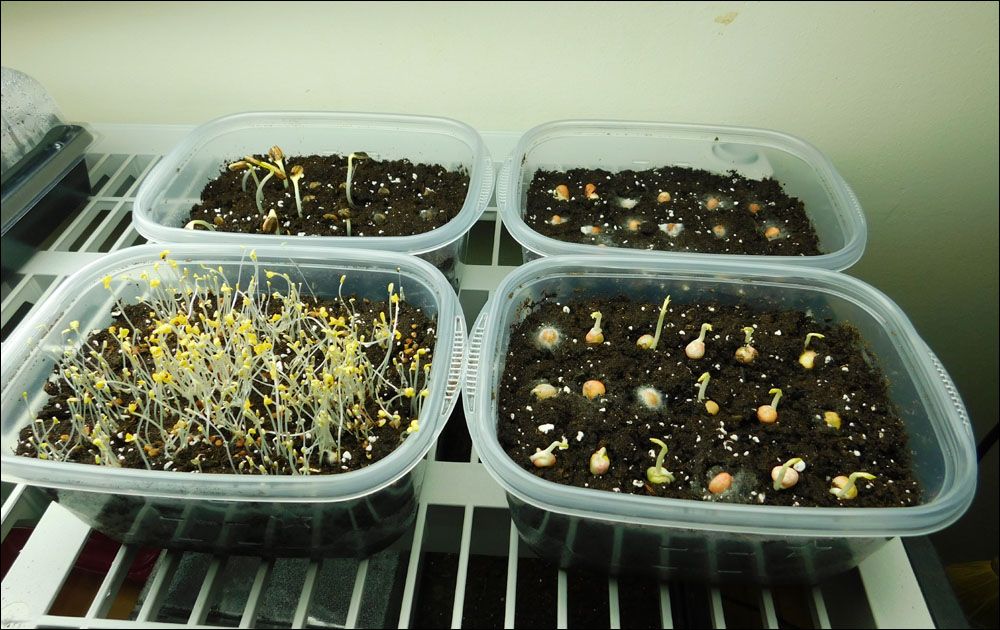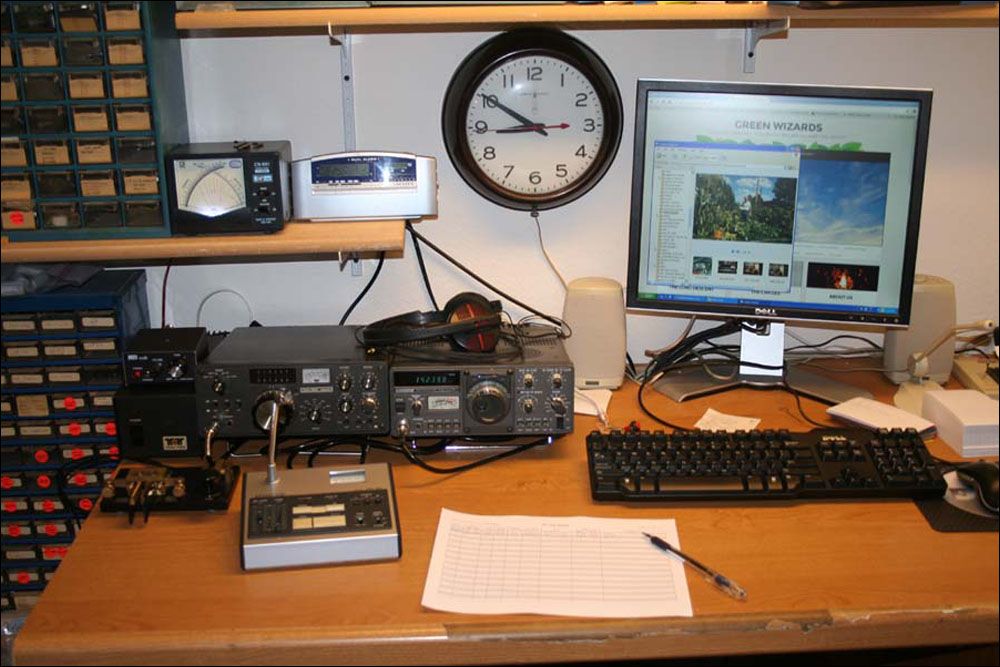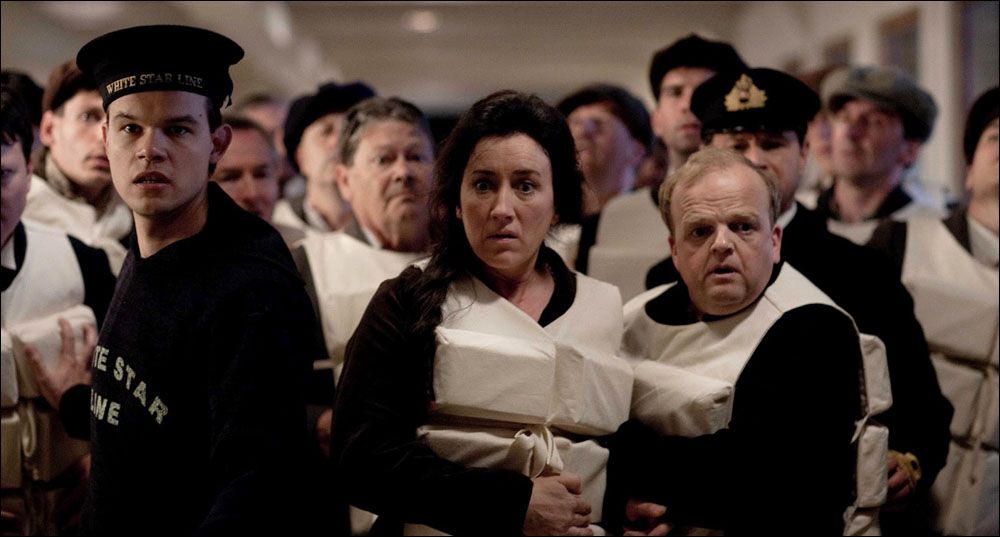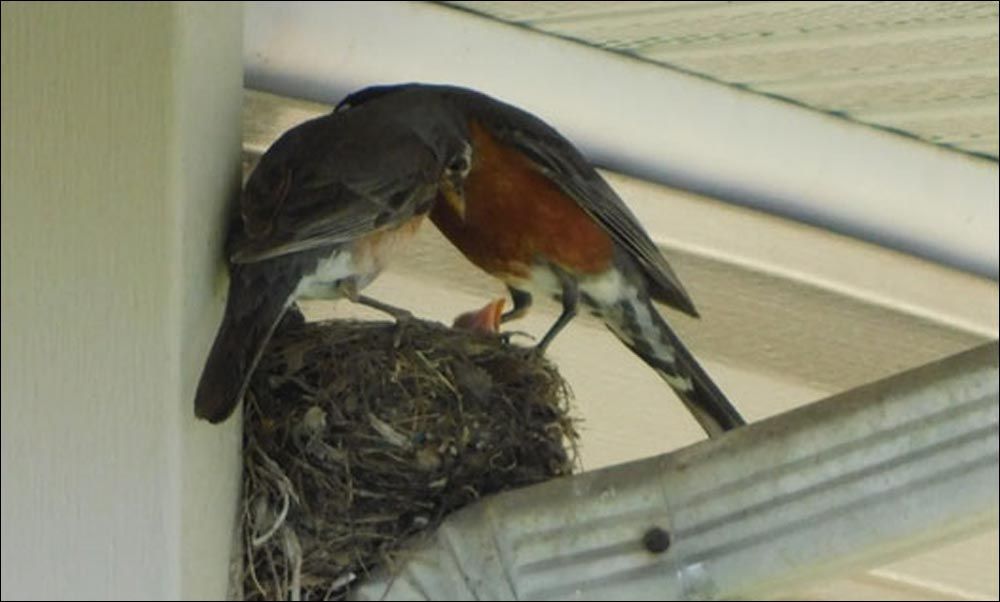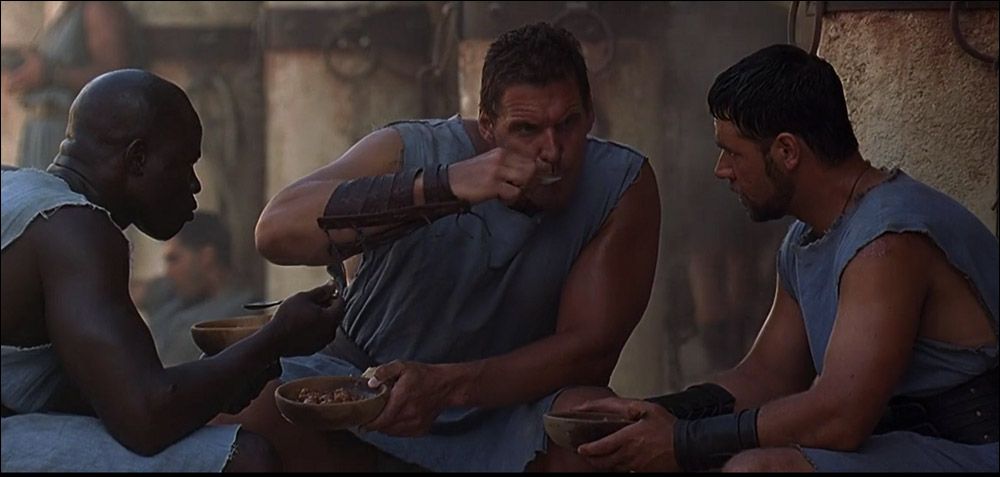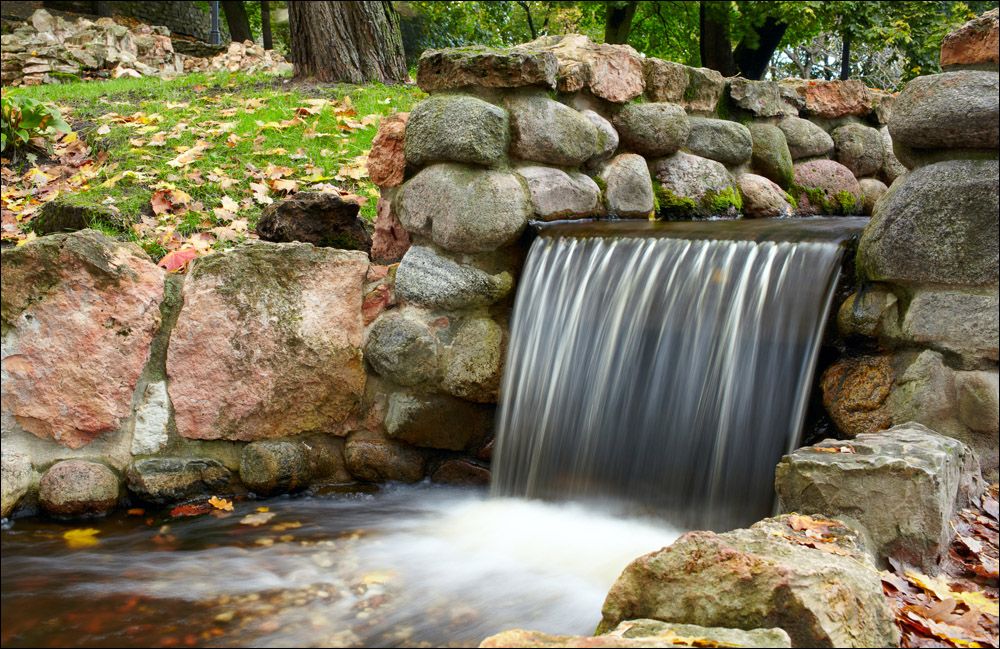Putting the "Green" into Green Wizardry
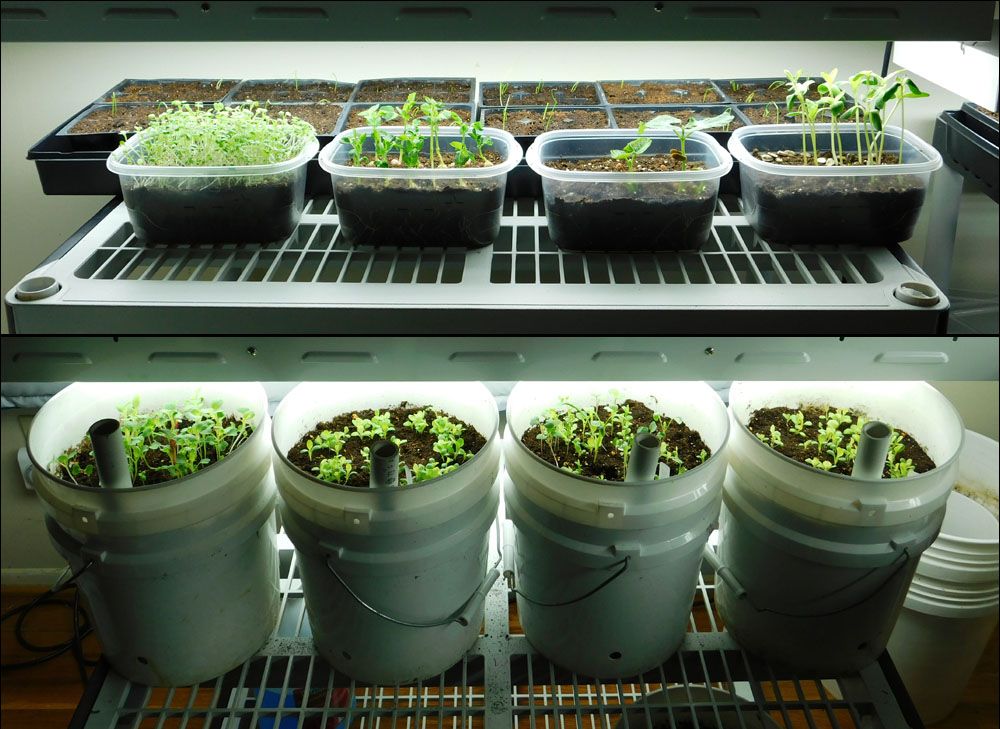
I haven't talked much about the "Green" side of Green Wizardry on this blog yet this year. Growing your own food is a core skill of being a Green Wizard and while not all will master it, you should at least be able to give good advice about a person's garden. Its a skill I've been working on for many years now and I'm still not even an informed amateur let alone a expert.
This year I've made a promise to try and start all of my plants, both my vegetables and my flowers from seed. I also want to continue my earlier experiments in micro greens as well as begin trying my hand at sprouts. This year I want to focus on four main vegetables, onions, carrots, peppers and tomatoes, though I will have a few odd plants, one offs that I am going to grow primarily to take pictures for the GW Book of Plants, I will also be doing an early crop of some outside lettuce, spinach and other greens, but I will focus most of my growing of those plants in my micro green experiments.
About two weeks ago I started my earliest plants, that is onions. Onions are a cool weather plant and like to be started early in the year. Last year I tried both white and red onions, but unfortunately I planted them with carrots at the same time. The carrots quickly over took the onions and shaded them too much. I had to dig the onions up and replant them into their own bed, with mixed results.
Let's look at what I've got so far.
(Lots of pictures in this post...)





